
Join us as we celebrate the opening of the 2021 ASEAN Sustainable Urbanisation Forum, an opportunity to come together and share experiences and lessons learned on sustainable urban solutions.? The Opening Session will provide space for key representatives from the ASEAN Secretariat, the Australian government and UN-Habitat to share keynotes and to contextualise ASUF within regional and global common efforts to achieve sustainable urbanisation.

Tune into this in-depth policy roundtable on the Master Plan on ASEAN Connectivity (MPAC) 2025, a key framework that connects the region, bringing citizens, governments, and institutions closer together. This session will explore the progress made and challenges observed through the implementation of the ASEAN Sustainable Urbanisation Strategy and the ASEAN Smart Cities Network as key initiatives of the Sustainable Infrastructure component of MPAC 2025.

This thematic dialogue between city representatives, expert panelists, and participants will discuss the thematic area of inclusive and equitable growth, focusing on digital payment solutions to enhance financial inclusion in ASEAN Member States. This session will look at digital solutions that aim to support more inclusive and easy access to financial services to all citizens and to MSMEs that constitute 98% of all enterprises across ASEAN.

This special session will bring together cities and relevant international and regional agencies to share their experiences in collaborating on the process of localisation of the SDGs, providing insights on the value of Voluntary Local Reviews as accelerators of localisation efforts. The session will combine practical challenges and opportunities, and provide strategic recommendations to support ASEAN Cities and Member States in accelerating the achievement of the SDGs by 2030.

This open dialogue will discuss sustainable urban mobility, looking at challenges and opportunities to improve transportation networks in ASEAN.? In this session, city representatives, expert panelists, and participants will share experiences and recommendations on how urban mobility solutions and projects can solve the issues related to traffic congestion and provide an accessible and affordable service to improve citizens’ quality of life.
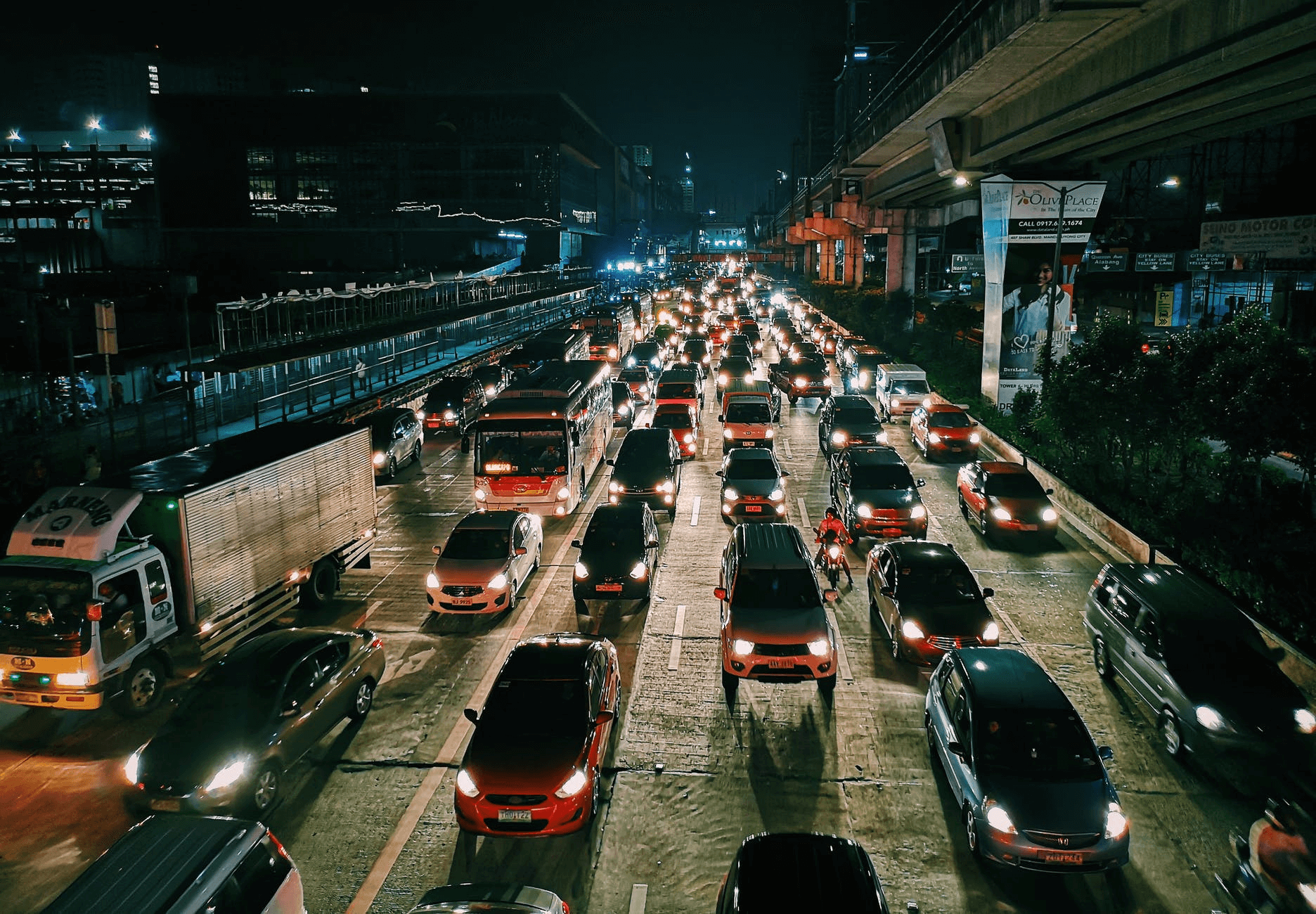
In this workshop-style training session on public transport plans, representatives from ASEAN cities will present their projects on public transport systems, currently under development in alignment with ASUS. Participants will be engaged through an analytical discussion and collaborative learning around best practices and recommendations to develop viable urban mobility projects.
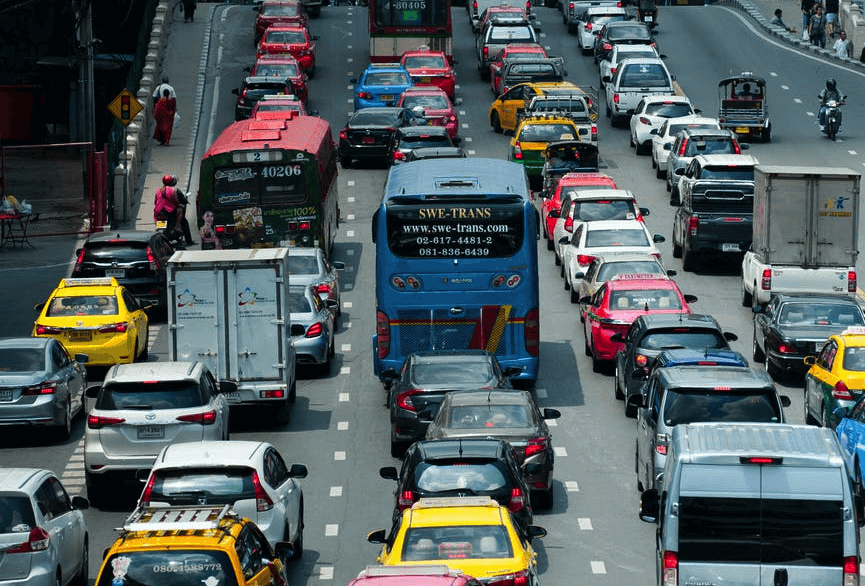
This open dialogue will focus on affordable housing in ASEAN, one of the priority areas for cities to ensure decent living standards for its inhabitants. City representatives and experts will discuss the housing needs of ASEAN local communities, best practices for new interventions and regeneration practices, as well as how informal settlements can be upgraded.

This dialogue-based session will focus on education efforts in ASEAN to align with the constant growth of the internet economy in Southeast Asia and the increasing demand for digital professional expertise. Experts and representatives from local governments will share experiences and recommendations on how targeted digital skills development can support education to adapt itself to the advent of automation, AI, and digital technology use.

This special session will unfold gender equality, disability, and social inclusion (GEDSI) in cities, inviting relevant experts, representatives from vulnerable groups, and institutions to share their experiences. The session will focus on engagement processes, contributions towards sustainable urbanisation, cross-sector partnerships and cooperation, implementation strategies and action plans to create more inclusive and accessible ASEAN cities.

This session will discuss urban safety initiatives that can address crime, natural disasters and other threats to the security of urban populations. Cities initiatives and experts’ insights will contribute to a dialogue on how cities can take action to improve urban safety and security through the use of digital solutions and how these actions can contribute to better management of safe and livable cities.
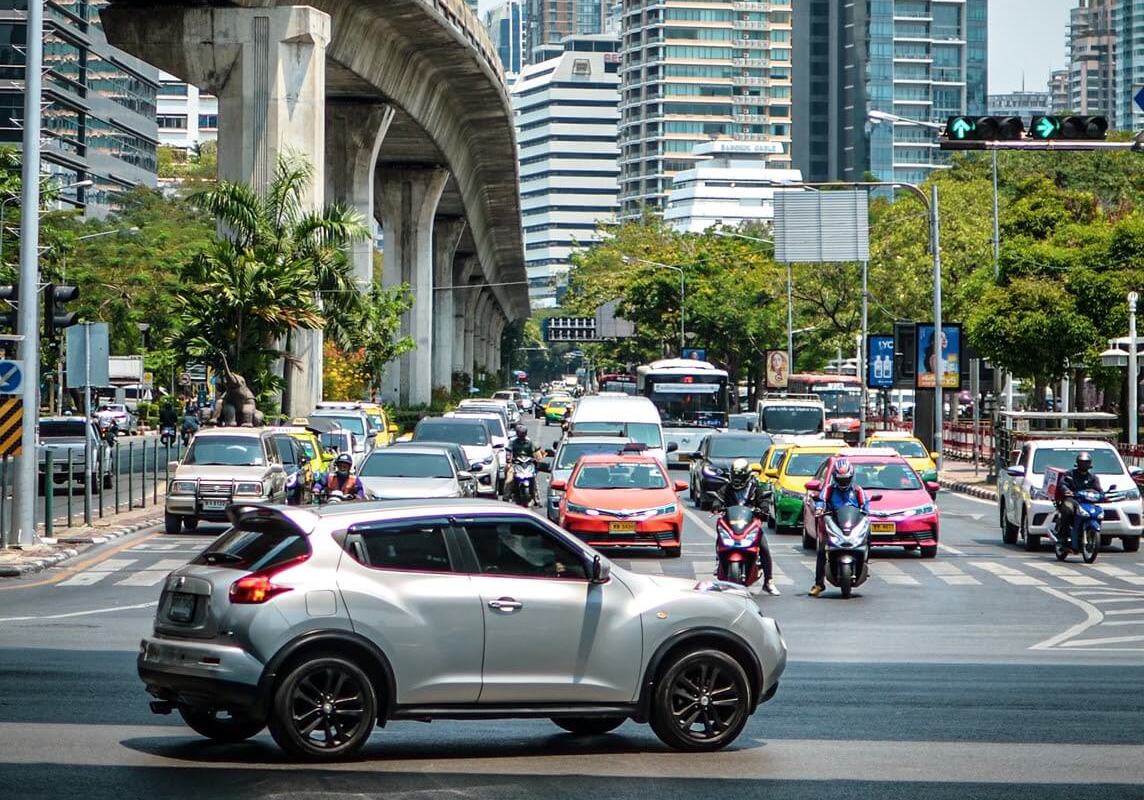
Following the presentations of ASEAN cities on ongoing projects and initiatives on digital solutions for urban safety, participants will be engaged with a series of light exercises and discussions to reflect on the best approach to define inclusive actions to apply digital solutions in the management of urban safety.

The need for an efficient Solid Waste Management system is a pressing priority for local government and urban stakeholders In ASEAN. In this session, the experts and ASEAN cities will create a knowledge-sharing experience on approaches and solutions to improve the overall management of waste collection, segregation, treatment, and recovery in cities.

The training session will center around the experience of one ASEAN city to develop a strategic project on solid waste management in alignment with ASUS. The session will further engage participants to dive into a participative discussion on strategic and technical solutions to apply at the city level to empower local governments and communities.
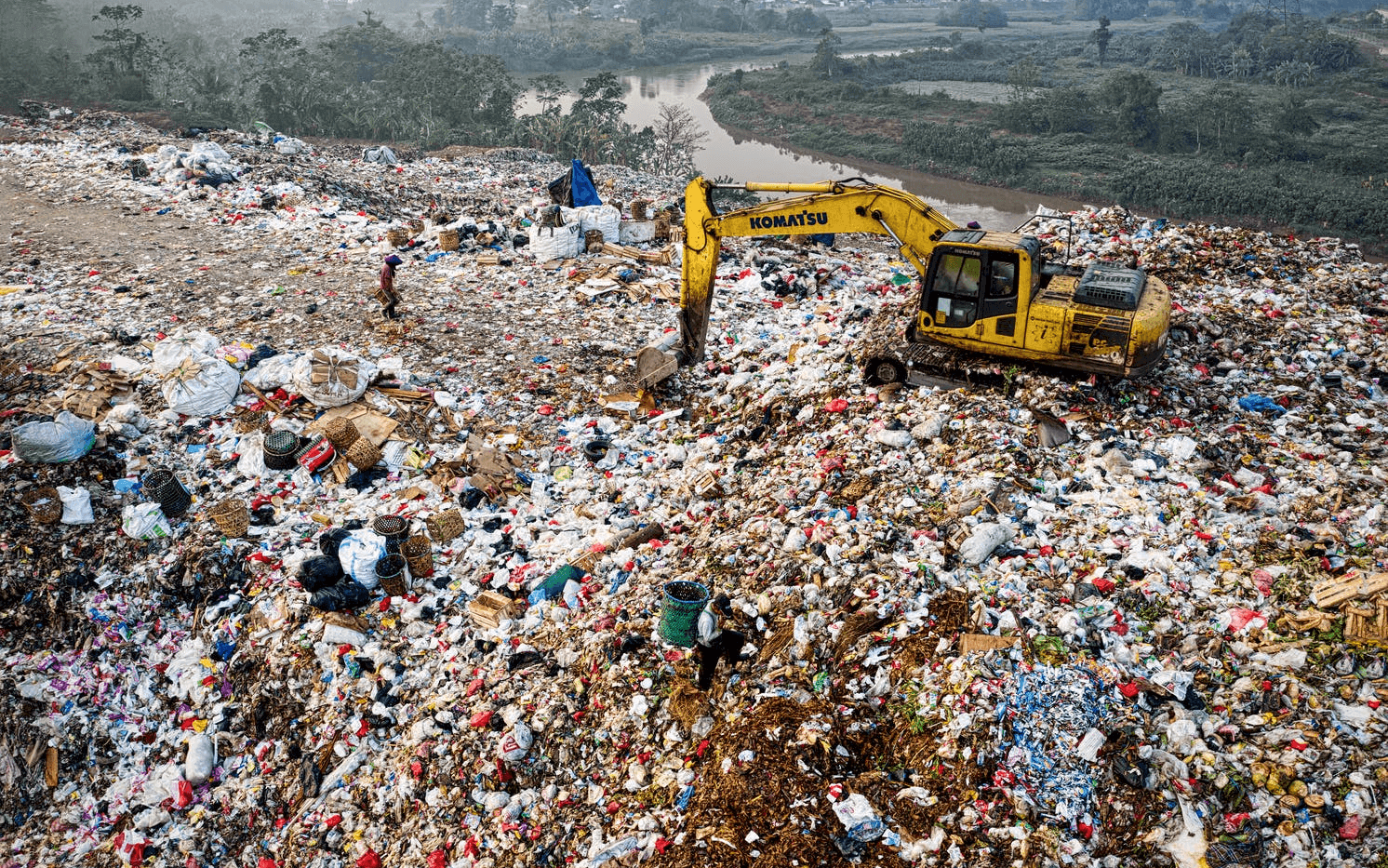
This special session will focus on viable financial opportunities for urban projects, by discussing the financial barriers that cities often face and the many opportunities for cities to source alternative financing and improve their ability to access capital.
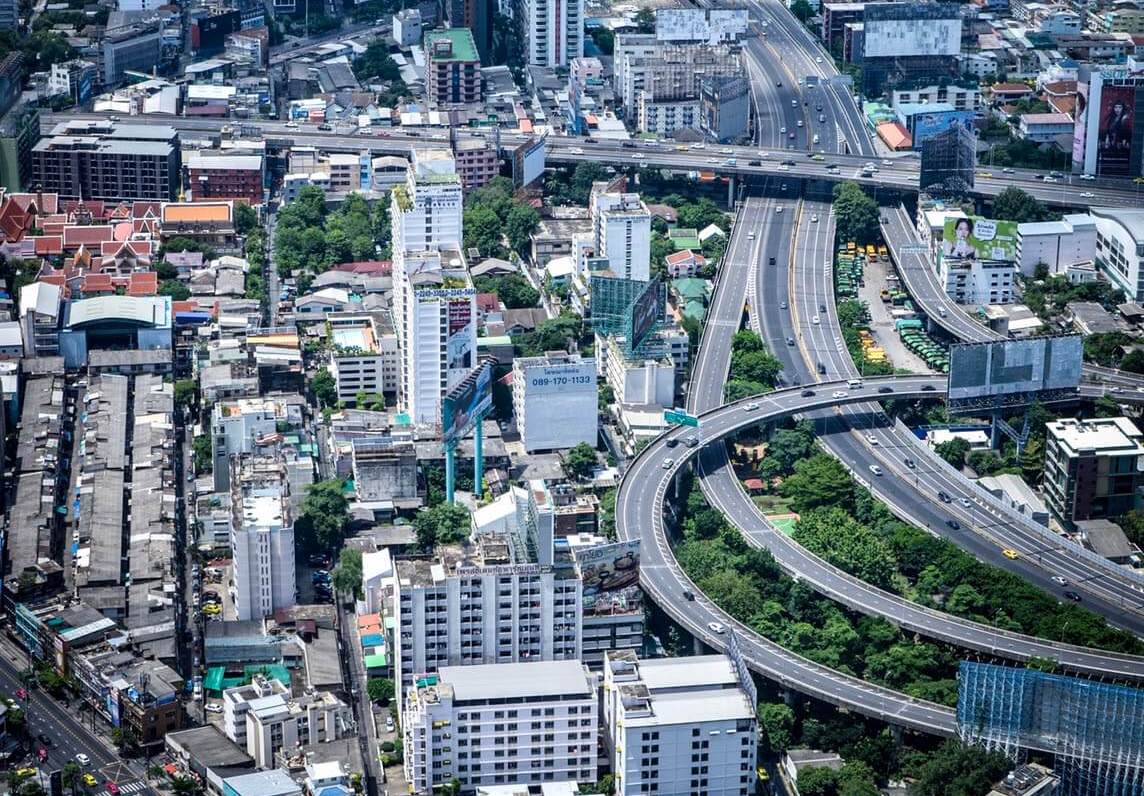
Flood management is recognised as a critical issue that several ASEAN cities are facing. This session aims to bring together cities and experts to discuss appropriate, sustainable solutions to create, integrate or scale-up flood management plans. The session will reflect on innovative technologies that can support cities in overcoming flooding challenges and in identifying the needs of vulnerable communities.

This special session will look at the COVID-19 recovery efforts currently underway in ASEAN, by bringing together experts from public health organizations and policy experts to discuss how COVID-19 has impacted sustainable urbanisation initiatives, and changed cities’ priorities for their futures.

To conclude this series of informative sessions, discussions and training, a brief closing session will reflect on the progress made and challenges ahead of ASEAN on the journey towards sustainable urbanisation. To wrap up the Forum, noteworthy reflections that were brought up during the week will be summarized.


